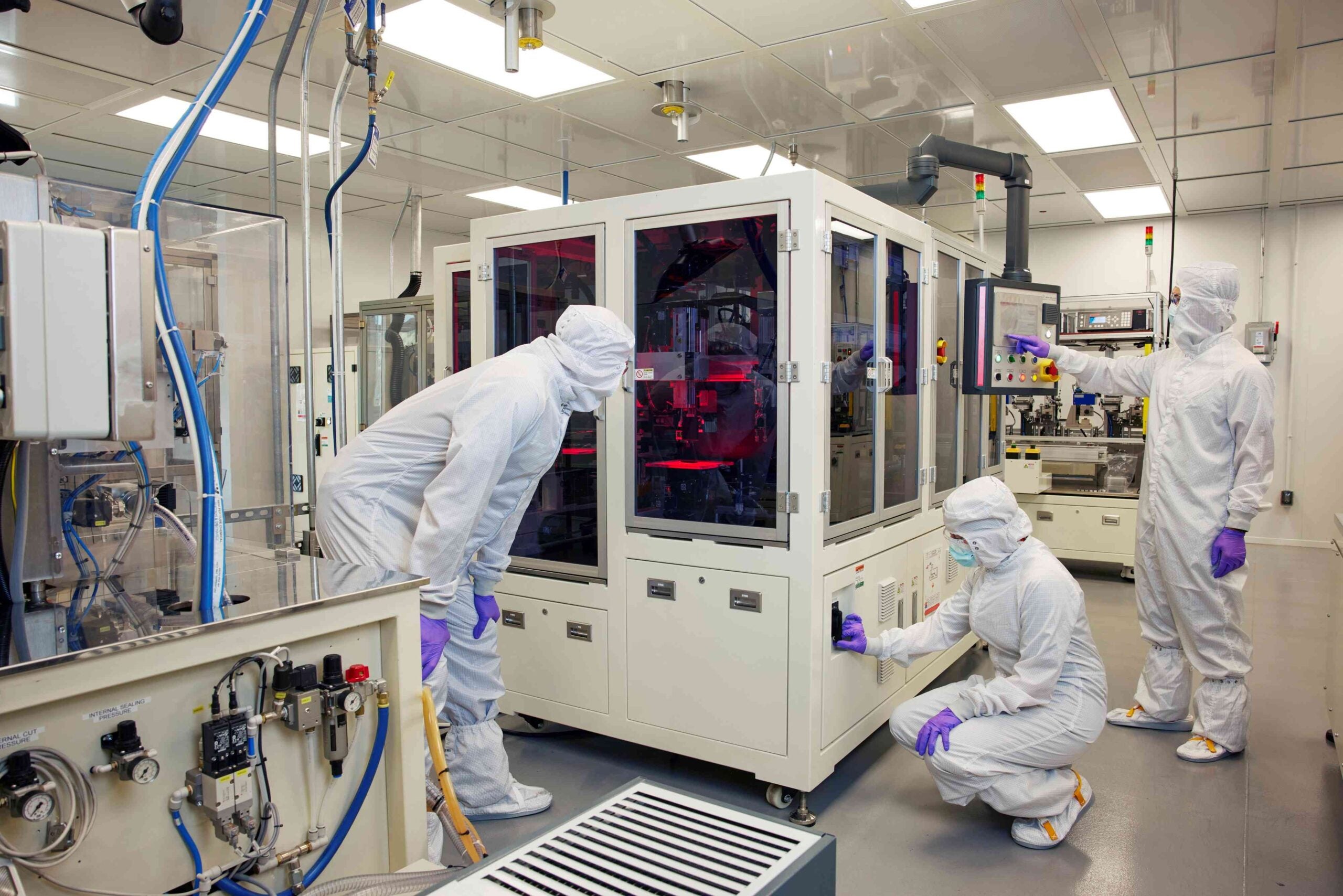
The US Department of Energy (DOE) has announced US$3.1 billion in funding from the Bipartisan Infrastructure Law to make more batteries and components in America and bolster domestic supply chains while creating jobs.
The infrastructure investments will support the creation of new, retrofitted, and expanded commercial facilities as well as manufacturing demonstrations and battery recycling.

Discover B2B Marketing That Performs
Combine business intelligence and editorial excellence to reach engaged professionals across 36 leading media platforms.
DOE also announced a separate $60 million to support second life applications for batteries once used to power EVs, as well as new processes for recycling materials back into the battery supply chain.
“Positioning the United States front and centre in meeting the growing demand for advanced batteries is how we boost our competitiveness and electrify our transportation system,” said secretary of energy Jennifer Granholm. “Investment in battery production and recycling will give our domestic supply chain the jolt it needs to become more secure and less reliant on other nations.”
With the global lithium-ion battery market expected to grow rapidly over the next decade, DOE is working with industry to prepare the US for increased market demand. At the end of March 2022, 2.5 million plug-in electric vehicles had been sold in America. Battery costs have fallen 90% and, since 2008, energy density and performance have increased rapidly, paving the way for an accelerated transition to zero-emission vehicles.
Responsible and sustainable domestic sourcing of the critical materials used to make lithium-ion batteries, such as lithium, cobalt, nickel, and graphite, will help avoid or mitigate supply chain disruptions and accelerate battery production in America to meet this demand and support the adoption of electric vehicles.
A DOE review of the large capacity battery supply chain recommended establishing domestic production and processing capabilities for critical materials to support a fully domestic end to end battery supply chain, as well as investments in battery recycling and the circular economy to increase domestic supply and reduce the future need for new extraction and raw materials.
The infrastructure law directs $7 billion to strengthen the US battery supply chain which includes producing and recycling critical minerals without new extraction or mining and sourcing materials for domestic manufacturing.
The law also includes $7.5 billion for electric vehicle chargers, $5 billion for electric transit buses, and $5 billion for clean and electric school buses.






